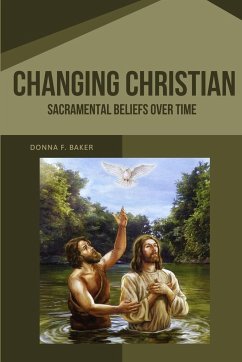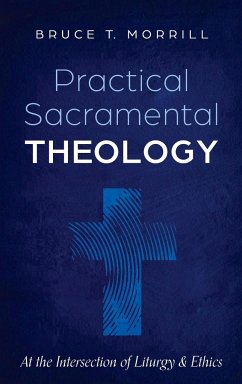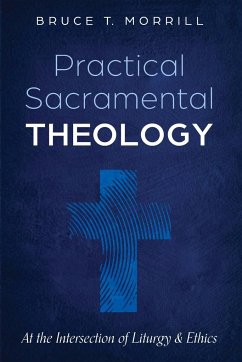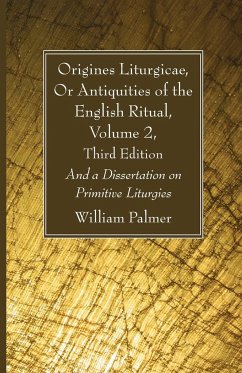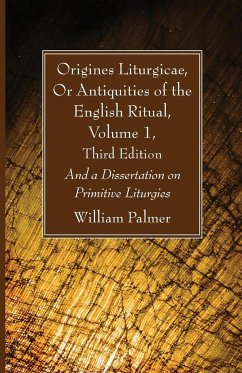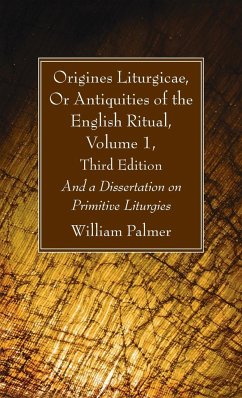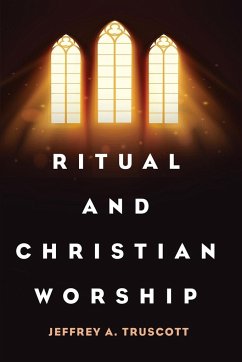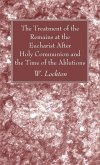In the early days of Christianity, symbols held a profound significance-they were not merely representations but were considered sacraments, embodying a notion that the physical could transcend its material nature. These symbols encompassed more than just objects, activities, or locations; they were conduits to the sacred, enabling a tangible connection with the divine through the stimulation of all five human senses. As Christianity evolved, the interpretation of these symbols underwent significant changes, leading to shifts in how Western Christendom perceived and interacted with the sacred. This historical progression sheds light on the gradual detachment of the sacred from physical elements within both society and religion. In the later stages of Christian development, the interpretations of these symbols underwent notable transformations. These shifts were not purely theological; rather, they were influenced by the broader societal changes of the time. The progression of sacramentality through Christian history reveals four major phases, each coinciding with significant societal shifts. This study focuses on elucidating these changes in Christian interpretations and draws connections to parallel developments in secular society. The underlying argument is that external societal influences have, on occasion, supplanted theologically or spiritually driven interpretations of the sacred.

